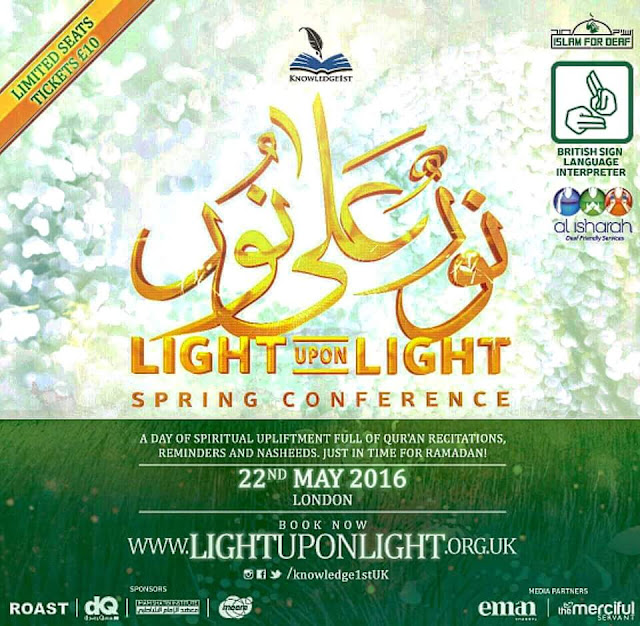 |
| Ghana Technology University College |
The congregation on the theme: “Techno-entrepreneurship: The Gateway to National Development”, had the total number consisting of 205 postgraduates and 927 diplomat and undergraduate degrees.
Dr Osei K. Darkwa, the President of GTUC, said the congregation was another step to consolidate their contribution to the development of education in Ghana and internationally.
He described the congregation as a time for self-assessment and self-renewal; a time for the University to reflect on its mission and vision and to take stock and report to its stakeholders and the general public at large on its achievements and challenges.
“GTUC is mindful of its unique role and the challenges it faces in its efforts to deliver quality technology education for knowledge development and innovation in this country.
“The increased student numbers for access to tertiary education puts a lot of pressure on public universities hence the need for private participation,” he said.
Dr Darkwa said to compliments governments efforts, GTUC has established network campuses in five out of 10 regions of Ghana saying the University College had also established sub-regional learning centres in Togo and Gabon.
He said GTUC recognizes the intrinsic role that the nation’s professionals play in the development process and is therefore, committed to ensure that graduates really prepare for the job market either to work on their own or work for institution to contribute to the human resource base of the country.
He said the University College continues to consolidate partnership programmes with a number of national and international institutions as a way of building capacity and making its programmes relevant and in tune with both internal and global developments.
He advised the graduates to pursue their dreams no matter how weird they might seem to others and to commit to themselves to their visions and the drive to succeed.
On challenges facing the University College, the President said several initiatives, projects and programmes had been hampered due to lack of funds.
“Worthy of mention are the library, laboratories, hostel project, just to mention a few,” he said.
He said to step up their fund raising efforts, the University College is embarking on a fundraising campaign to support its programmes and projects saying the campaign targets individuals, corporate organisations and philanthropists who would donate to the worthy cause.
Dr Darkwa said: “There is the need to raise funds to expand our programmes and projects; funds to improve on our physical presence in terms of infrastructure and the quality of service.
“I therefore use this opportunity to solicit for support from individuals, corporate Ghana and philanthropists to be able to deliver on pending projects and programmes.”
Professor Walter S. Alhassan, the Council Chairman of GTUC, said the Council would continue to address staff welfare with a view to attracting and retaining qualified personnel so as to guarantee quality education.
Prof Jophus Anamuah-Mensah, former Vice Chancellor, University of Education, Winneba, who was the guest speaker, said the old training model of universities that prepares people to automatically enter into the world of work, once they hold a paper certificate that does not specify their competencies and skills, was very rapidly being replaced by a model that emphasized on disciplinary competencies, creative, critical and innovative skills, communication and problem-based skills.
He said there is therefore, a mismatch between skill-sets required in the world of work and those experienced by graduates in their training.
“As a result, the country is confronted with increasing number of graduates who hold certificates but are unemployed,” Prof Anamuah-Mensah said.
He said universities generate knowledge through research; stating that it is the transformation of this knowledge into goods and services that results in economic growth.
“Universities in Ghana could play a greater role in economic development of the country if they can transfer this knowledge into economic growth and employment generation.
“But this will happen when the curriculum is reviewed to close the gap between what is needed in the world of work and what the university teaches,” he stated.
There were solidarity messages from GTUC’s affiliate universities such as the Kwame Nkrumah University of Science and Technology, Alborg University, Denmark, Anhalt University of Applied Sciences, Germany; Coventry University and Staffordshire University both in the United Kingdom.
GNA
Follow @GhanaCampusBlog
Do you have any news, photos or videos to share with us - you can send them to: (ghanacampus@gmail.com)
Advertisement Banner

No comments:
Post a Comment